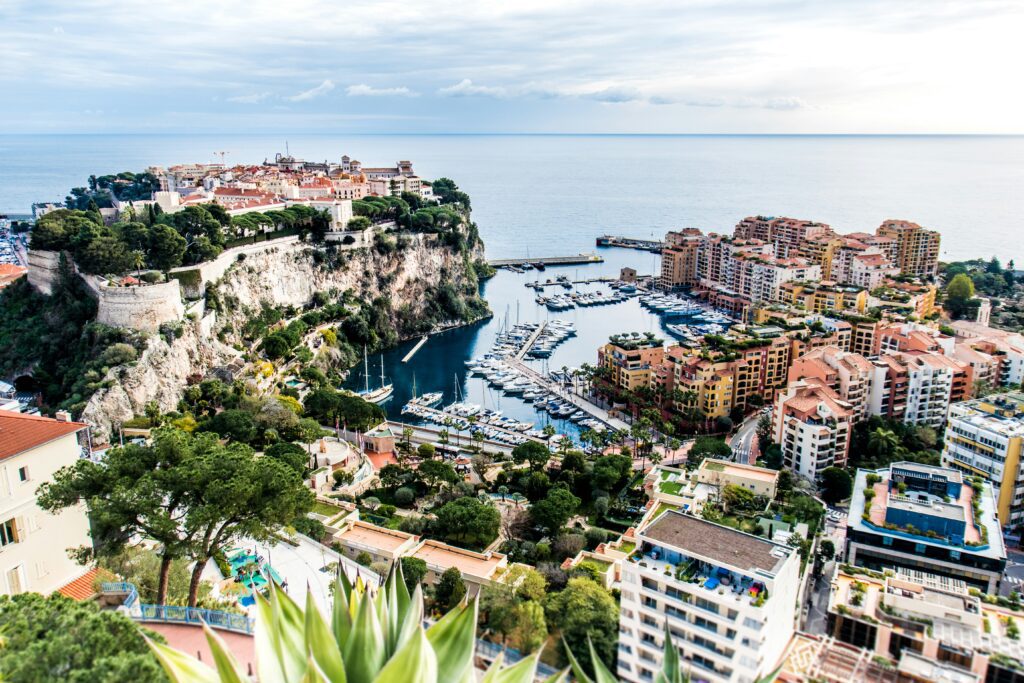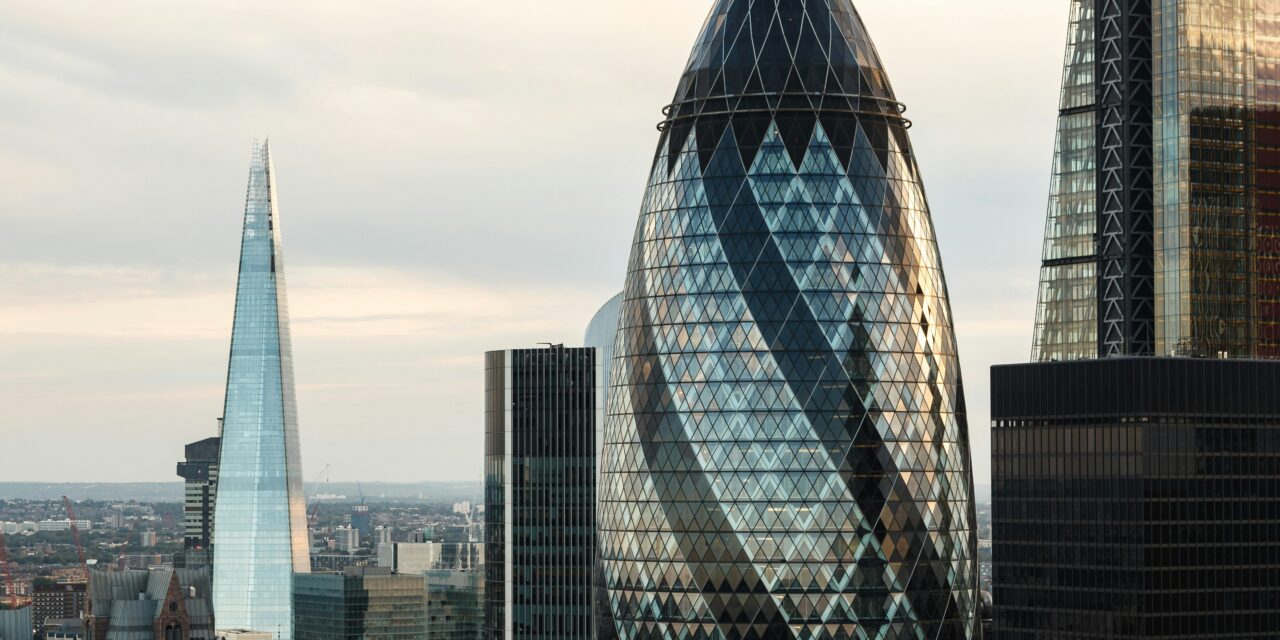As we reported earlier in the week, a fresh wave of high-profile departures from the UK is underscoring the growing consequences of its government’s tax crackdown on non-domiciled residents…
Among the latest to relocate are Ian and Richard Livingstone, billionaire brothers behind a vast £9 billion property empire, and Richard Gnodde, a senior investment banker and vice chairman of Goldman Sachs, who is understood to have moved to Milan.
The Livingstone brothers, known for their global real estate holdings including the Fairmont Monte Carlo hotel and high-profile investments in online gaming, shifted their residency to Monaco between late March and early April. The timing coincides with the introduction of Chancellor Rachel Reeves’ sweeping reforms to the non-dom tax regime, which now requires all UK residents to pay tax on their worldwide income and gains, ending a centuries-old provision that had attracted international wealth to Britain.

Meanwhile, Gnodde’s move marks the first confirmed exit of a senior figure from the City of London’s elite banking sector. Sources close to the banker cited changes to non-dom rules and foreign-held trust taxation as key motivators behind his relocation. Though he will maintain a presence in London, his new base in Milan aligns with Goldman Sachs’ strategic emphasis on European growth.
The departures come amid broader concerns that the UK’s fiscal policy shift is prompting an exodus of mobile wealth. In 2024 alone, over 10,000 millionaires left Britain, according to data from New World Wealth and Henley & Partners—a 157% increase from the previous year.
Monaco, with its favourable tax regimes, is emerging as a key destination. It offers no income or capital gains tax and generous inheritance exemptions. Italy, on the other hand, attracts high-net-worth individuals with a flat annual tax on foreign income, introduced in 2017.
The Livingstones’ exit is particularly significant as it signals that UK-born billionaires, not just foreign non-doms, are rethinking their long-term futures in Britain. The brothers, who built their empire from distressed commercial property in the 1980s, now oversee a vast portfolio spanning hotels, offices, cinemas, and luxury resorts.
As the UK government faces pressure to plug a £22 billion public finance shortfall, critics argue that the cost may be the loss of the very individuals and investment Britain has long sought to retain. With more elite departures likely, the long-term impact of these fiscal reforms remains uncertain.

